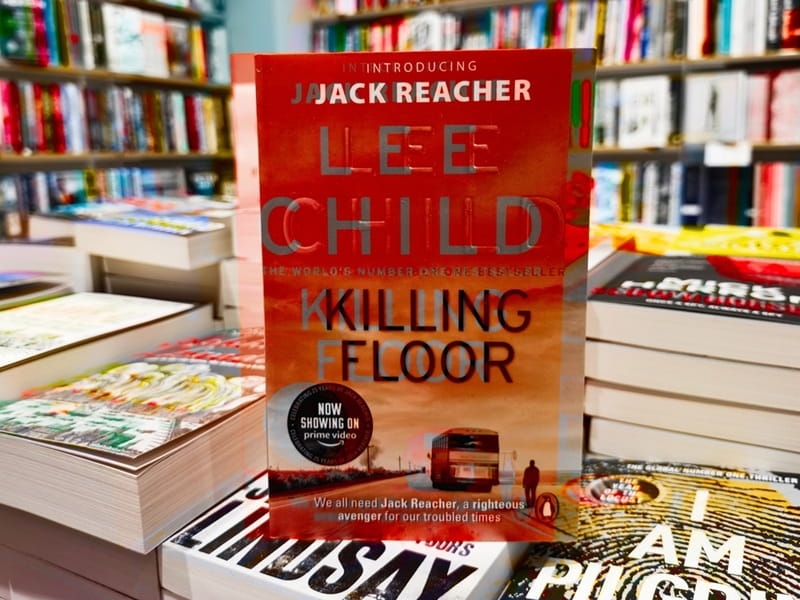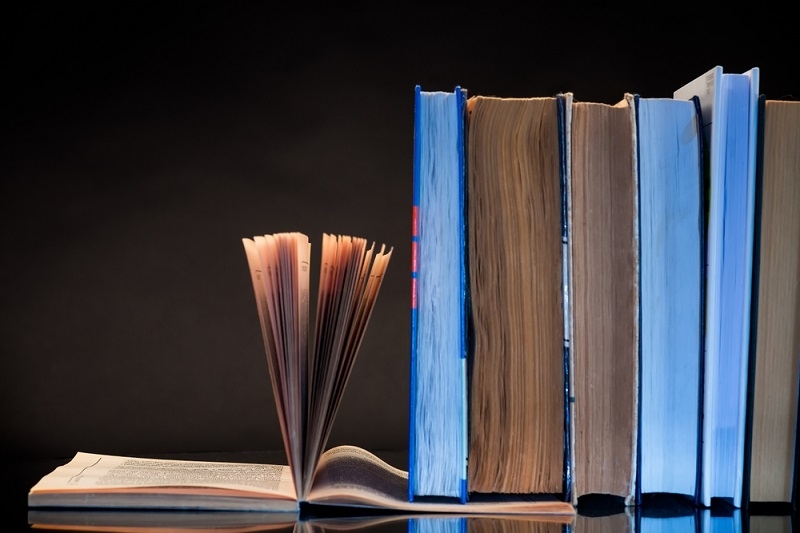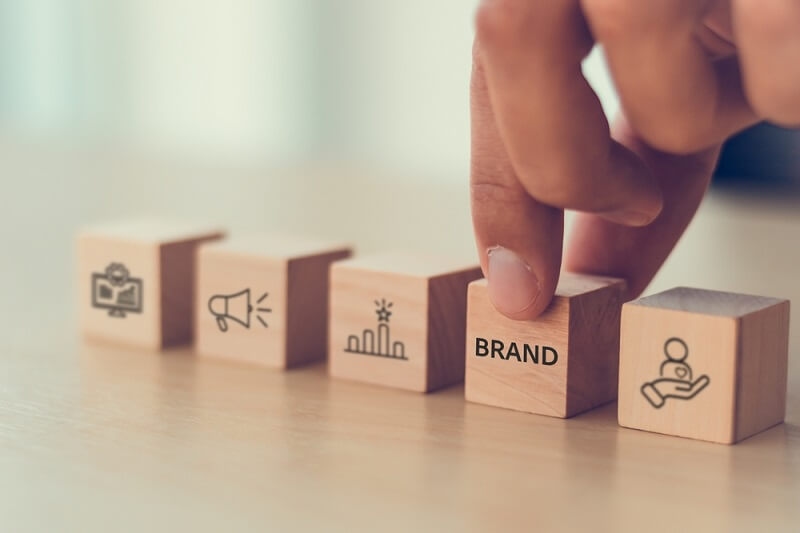Best Must-Read Books on Psychology for Self-Improvement

For everyone who is keen in knowledge of human behavior, decision-making, and emotions, psychology books offer great value. They provide readers with scientific justifications and practical case studies so they may find trends in their behavior and thinking. Dealing with psychology helps people to grow personally, strengthen their relationships, and increase their capacity for making decisions by means of a deeper awareness of the causes underlying their and others's conduct.
One of its most appealing features is how psychological books could narrow the gap between academic study and ordinary life. They enable us to understand why people act illogically, how habits are developed, and how emotions influence our behavior. Psychology books help you to manage the complexity of human nature whether your interests are in knowledge of leadership, self-improvement, or cognitive distortions.
Three must-read psychology books offering amazing examination of psychopathy, decision-making, and irrational conduct will be discussed in this post. These books not only elucidate basic psychological notions but also offer amazing case studies from the actual world that help us to realize these ideas.
1. The Psychopath Test by Jon Ronson
Best psychology books offer deep insights into human behavior, decision-making, and personal growth. Among the most fascinating and misinterpreted subfields of psychology is psychopathology. Journalist Jon Ronson guides readers on a study of psychopathic minds in The Psychopath Test, therefore illuminating their social behavior. The book addresses the elements of psychopathy-lack of empathy, manipulativeness, and surface appeal. Using a mix of narrative, research, and interviews, Ronson examines how psychopathy is diagnosed and whether it is as common as some specialists propose.
Among the most startling discoveries in the book is the theory that many outstanding political and corporate leaders might have psychopathic impulses. While violent offenders are sometimes connected with psychopaths, Ronson contends that many of them thrive in business and political spheres where their charm, confidence, and ruthlessness can be benefits. The book begs interesting issues on how society defines and handles psychopathy as well as whether some "dangerous" features in one context would be "beneficial" in another.
2. Thinking, Fast and Slow by Daniel Kahneman
Psychology books for beginners simplify complex concepts, making it easy to understand the human mind. Nobel Prize-winning psychologist Daniel Kahneman's book Thinking, Fast and Slow emphasizes in our mind the two systems of thought influencing our choices.
- System 1: instantaneous emotional, instinctual, fast thinking
- System 2: analytical, careful, logical, sluggish
According to Kahneman, System 1 acts as a mental shortcut since it often directs our decisions and generates snap judgments depending on heuristics and preconceptions. Even if daily living is prone to errors, this technique can help in general. Conversely, System 2 requires more work and is used for logical analysis and advanced problem-solving.
Top psychology books explore cognitive biases, emotions, and social behavior for self-improvement. The book reveals how often we ignore how cognitive prejudices including confirmation bias, overconfidence, and loss aversion influence our decisions. Understanding these prejudices will enable readers to apply more sensible decisions in both personal and professional environments and be more aware of their own thinking habits.
Read More: 2025 Book Licensing Tips: Maximize Your Book Rights Sales
3. Predictably Irrational by Dan Ariely
Predictably Irrational behavioral economist Dan Ariely questions the assumption of many people who believe they make logical decisions. Ariely shows via a series of experiments and real-life anecdotes that often our choices are motivated by unconscious, illogical impulses instead than only logical ones.
The book largely tackles how context, social traditions, and emotions affect judgement. Ariely investigates, for instance, how people's willingness to pay for goods could vary depending on arbitrary criteria, such whether they initially encountered a high or low pricing. He also shows how "free" products could motivate customers to make possibly against their best interests decisions.
According to Ariely, these meaningless actions are consistent rather than random. Knowing these tendencies allows individuals to see when unconscious prejudices are guiding them and to make better judgments. The book is quite helpful for everyone interested in marketing, economics, or consumer behavior since it shows how companies and advertisers exploit human psychology to influence purchase decisions. Must-read psychology books help readers develop better habits, relationships, and mental resilience.

4. The Confidence Game by Maria Konnikova
For psychologists especially in terms of how people fall for misleading narratives, deception has always stimulated great curiosity. Maria Konnikova investigates the psychology of con artists-those who use others to profit personally from The Confidence Game. The book examines why people fall for lies and how even the most knowledgeable people could be misled.
The way con artists apply basic psychology ideas like trust and cognitive mistakes is one major issue. By means of charm, confidence, and persuasion, they craft gripping narratives that will make their targets unique or in-on a limited opportunity. Playing on emotions like optimism and fear helps them to create circumstances whereby people freely give up control and resources. Best books on human behavior explain why people think and act the way they do using scientific research.
Konnikova also clarifies the basis of human nature why dishonesty arises. People believe in others mostly since trust determines social need. However, this natural trust can also be used into a weapon and result in financial frauds, false intentions, and violent relationships. Knowing how dishonesty and persuasion operate helps readers to see warning signs and stay away from psychological control.
5. The Power of Habit by Charles Duhigg
From daily tasks to long-term success, habits define almost all element of our life. Charles Duhigg explores in The Power of Habit how habits change, why people hold to them, and how one could change them.
Duhigg makes case for the three component habit loop:
- Cue: Starting a habit-stress, for example, fuels snacking.
- Routine: How one eats junk food.
- Reward: The exercise generates, say, brief tension release.
Knowing this cycle encourages people to replace good actions with negative ones. The book also emphasizes how personal and professional life success is affected by habits. Businesses utilize strategic habits to increase output, for example; they also use habit-forming strategies to inspire customer loyalty.
Among other things, The Power of Habit reminds us of the importance of little behavioral adjustments resulting in notable human development. Whether it comes to health, boosting output, or reaching professional goals, developing habits is a great weapon for self-improvement.
6. Grit by Angela Duckworth
Angela Duckworth contends differently in Grit, but many think that talent is largely what determines success. She defines grit as a mix of endurance and energy, traits more likely to result in long-term success than innate aptitudes.
Duckworth offers amazing case studies of corporate leaders, great athletes, and spelling bee champions as well as stories of those who succeed-she notes, more typically those who survive through trials than they are inherently highly endowed.
The book's most perceptive research is the growth mentality, which stresses how employment can help one to develop talents. Those who give resilience and lifelong learning top priority will shine in all kind of field. For those looking for inspiration to meet long-term objectives and get over challenges, grit is really useful.
Read More: From Books to Bytes: Libraries in Today's Digital Revolution
Conclusion
Psychology provides stunning analysis of human behavior, decision-making, and success. Books on endurance, habit building, and dishonesty clarify these concepts by means of The Confidence Game, The Power of Habit, and Grit. Applying these ideas will help us to become resilient, change our behavior, and make wiser judgments. Knowing these psychological ideas helps us to overcome obstacles, build relationships, and boldly and with awareness accomplish long-term success whether in personal development or business life.
This content was created by AI





